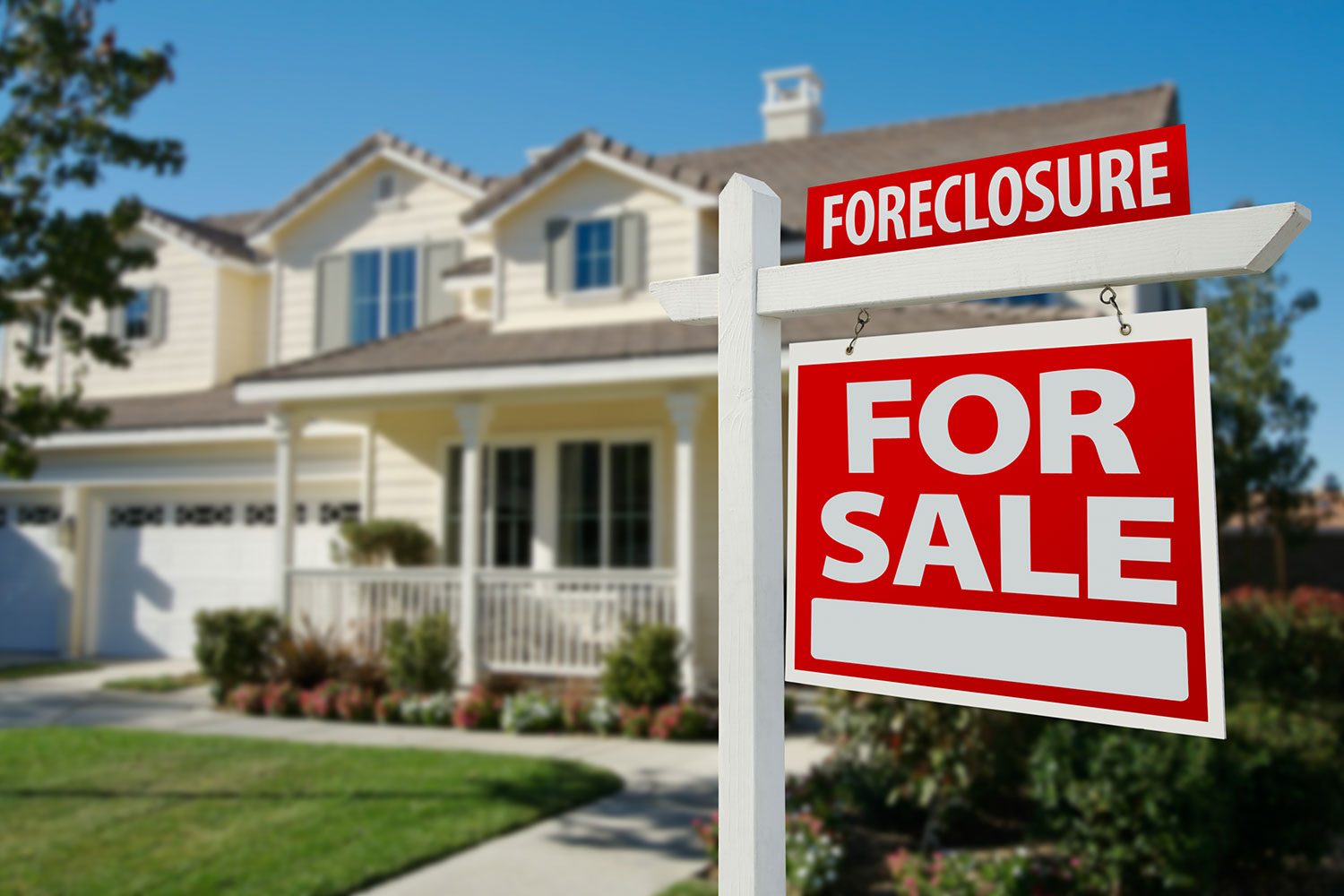Have you thought about buying a home through a mortgage foreclosure or short sale in the hopes of getting a bargain? In light of today’s unpredictable housing market, opportunities still exist to buy a home that might otherwise be out of reach. However, you need to have a clear understanding of the differences between a foreclosure and a short sale to determine which option might be best for you.
Foreclosure
A mortgage foreclosure is a legal process in which a lender or bank claims possession and seeks a forced sale of property belonging to a borrower, who has stopped making payments to the lender on a loan. The bank seeks to sell the property to pay off the debt.
Short Sale
A short sale is a sale of real estate for less than the amount of the mortgage debt secured against the property. The lender agrees to sell the property, at a loss, for less than the amount of the mortgage.
Foreclosure vs. Short Sale
Generally, purchasing a home that is the subject of a foreclosure action is quicker and cheaper than purchasing a home through a short sale. The factor that delays short sales is caused by the bank or mortgage company that is involved in the transaction. In most cases, the bank must approve the price proposed for the short sale, and if the bank is not in agreement with the purchaser’s offer, then the short sale cannot proceed. While some homes may be preapproved by a bank or lender for a short sale at a certain purchase price, banks can take significant periods of time to review and consider a short sale for homes that are not preapproved.
Condition of the Home
The type of sale can also impact on the condition of the home. Foreclosed homes are often in disrepair or have been vandalized due to sitting vacant for long periods of time. This means that new owners may have to invest significant monies in order to return the property to a livable condition. Homes purchased through short sales, however, usually remain occupied up until the closing date. This usually results in fewer problems or renovations for the buyer to address before moving in.
Price
Another issue is that while you can often buy a home through foreclosure or short sale at a price that is substantially less than its actual value, these types of purchases may not be for everyone. The real estate contract may be drafted with terms that are favorable only to the seller, and that do not provide the buyer with the protections that are typical for a real estate transaction.
Get Legal Advice
If you are interested in purchasing a property through foreclosure or short sale, you should seek legal advice from a Chicago real estate attorney to understand your rights and responsibilities under the proposed purchase agreement and who can counsel you on how to best proceed. Doing so will ensure that you are fully informed before you enter into such a real estate transaction.
Whether you are interested in purchasing a home through a foreclosure or short sale, you should consult with a Chicago real estate attorney who can guide you through the often complex and sometimes lengthy process of doing so. Contact the Law Offices of Azita M. Mojarad, P.C. for an evaluation of your situation and advice about the arrangement that is best for you.
